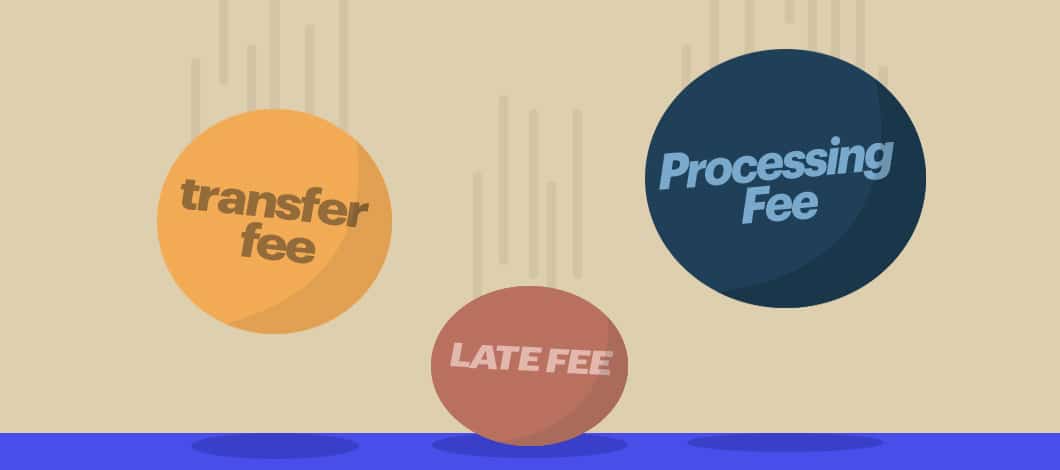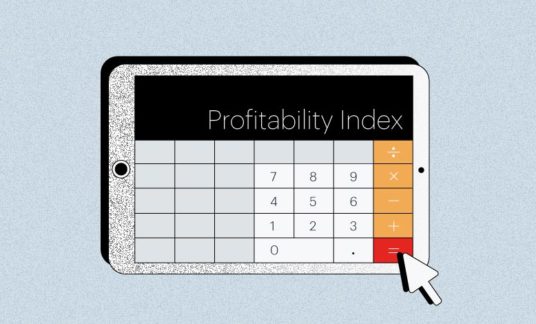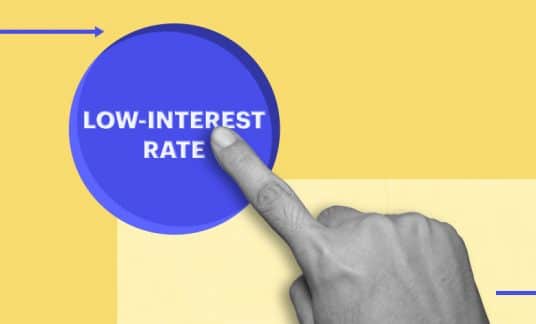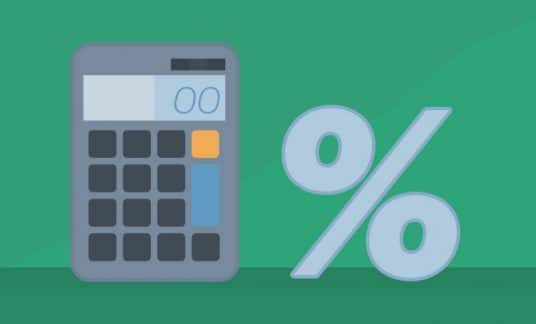When you are seeking financing for your business, the first thing most people do is check out the interest rate for the loan. That is an important step, but you should also pay close attention to the common fees that are tacked onto the loan.
Depending on your qualifications and the lender you’re working with, various loan processing fees can add up quickly. Let’s take a look at the most common fees you are likely to encounter.
What Are Loan Fees?
Fees are charged to originate a business loan. These fees are calculated as a percentage of the total loan amount or added to the cost of the loan, such as loan processing fees. You may be required to pay the fees upfront or have the option to roll them into the loan.
The most common fee is the loan origination fee. If you roll it into the loan, the amount of cash you get will be less than the total loan amount you take out.
For example, if you secure a $50,000 business loan with a 5% origination fee ($50,000 x 5% = $2,500), you would receive $47,500 in funding ($50,000 – $2,500). You would still be responsible for paying back the full $50,000 plus interest.

What Is an Origination Fee?
A loan origination fee — also called a lender origination fee — is what your lender will charge you to cover the cost of securing, processing and servicing your loan. Fees can cover a broad range of services that your lender will supply in processing your loan application, such as document preparation, credit checks and verification of the information you provided in your application.
Origination fees are typically bundled into one fee. However, some lenders will list them individually. You may see separate fees for the application, processing and underwriting.
How Are Origination Fees Determined?
Some lenders charge a flat fee for loan origination. Others determine loan origination fees as a percentage of the total loan amount.
Loan origination fees will vary by lender and loan type. Rates can vary widely.
For example, SBA-backed loans don’t have origination fees. Some alternative lenders may offer very low origination fees, or 0% in some cases. High-risk loans may carry higher fees along with higher interest rates.
What Other Lender Fees Are Common?
Here are some of the other lending fees you may encounter when taking out a business loan.
While some lenders will include all of these fees in the loan origination fee, others may break them out separately or assess other fees on top of the origination fee.
Loan Application Fee
Lenders may charge you a small upfront fee to process your application.
Appraisal Fee
If your loan is secured by property, such as equipment or real estate, there may be a commercial appraisal fee applied to verify the property’s value. This may include environmental reports, inspections and assessments of comparable properties.
Underwriting Fee or Loan Processing Fee
This covers the cost of determining your creditworthiness and assessing the risk level associated with lending you money. Underwriting fees are typically included in the loan origination fee but may be called out separately.
Referral Fee and Packaging Fee
If you have applied for a business loan through an online marketplace or lending platform, there may be a fee assessed for referring your loan application to lenders. Lending platforms also may charge what they call a packaging fee for preparing the loan application and make sure everything is in order before presenting your application to lenders.
Closing Costs
Similar to a home mortgage loan, commercial real estate loans or commercial mortgages will have closing costs. This can include appraisal fees, attorney fees, recording fees and other miscellaneous fees.
SBA Guarantee Fees
The Small Business Administration (SBA) doesn’t loan money directly to business owners. It does, however, provide guarantees for lenders in case you default on your loan. In case of a default, lenders can receive 50% to 90% of the loss depending on loan type.
If you are getting a loan through an SBA-approved lender, there are SBA fees for the loan guarantee.
Loan guarantee fees can be up to 3.75% of the total depending on status, type of loan and amount.
While these fees will be included in your loan, the SBA prohibits processing fees, origination fees, application fees, points, brokerage fees, bonus points and other fees to SBA loan applicants except for loans made under the Export Working Capital loan program.
Prepayment Penalties
A prepayment penalty applies if you pay back the loan early. Fees may be assessed to account for the amount of interest a lender loses if you pay off the loan before its term.
If your business loan has a prepayment penalty, you may be required to pay a flat fee or pay all or a portion of the remaining interest.
Miscellaneous Fees
Other fees may include assessments for:
- Late payments
- Insufficient funds (bounce fees)
- Collections in case of nonpayment
- Check processing fees
- Wire transfer fees
You also may see an annual fee if you are using a business line of credit rather than a conventional business loan.
You may encounter other fees depending on the lender. In some cases, they may be the same fees as we’ve itemized but be called by a different name.

How Can I Compare Fees?
Comparing business loans would be easier if fees are the same across all lenders, but that’s rarely the case. The lender you choose, the amount of your loan, the type of loan and your creditworthiness will all play a role in determining the fees and interest rates you can qualify for. Different loans may have different fees even if everything else is the same.
One easy way to estimate your total cost is by looking at the annual percentage rate (APR) for your business loan. The APR accounts for the interest rate, fees and other charges you are required to pay as a condition of securing the loan. It can give you an estimate of your total costs, including any fees.
The APR will assume you live up to the term of your loan including controllable items, such as avoiding late fees or insufficient funds. Failing to do so will increase your overall loan costs and increase your term fees.
Comparing the APR can help you determine which lender offers the best deal.
Will I Have to Pay Loan Fees in Advance?
In most cases, you won’t be required to pay any fees in advance. Some lenders may require a small payment for processing the loan application. But origination fees and other fees should be contingent on loan approval.
The Federal Trade Commission (FTC) warns consumers and business owners to be wary of any lender asking for significant upfront fees before a loan is granted — especially any lender that guarantees loan approval before you apply. Fees are typically paid after loans have been approved.










